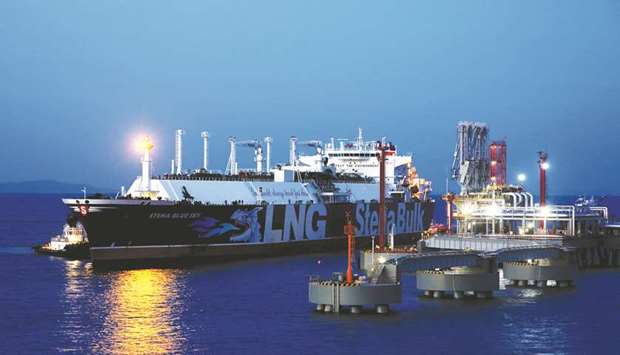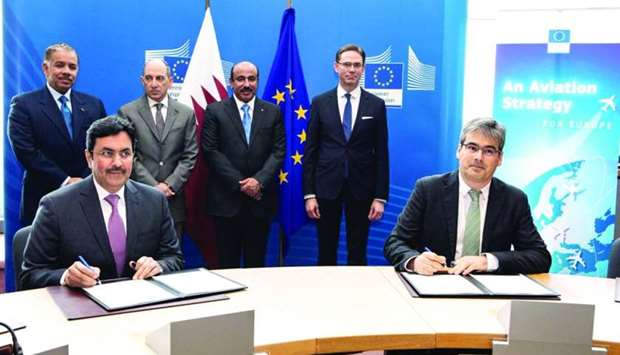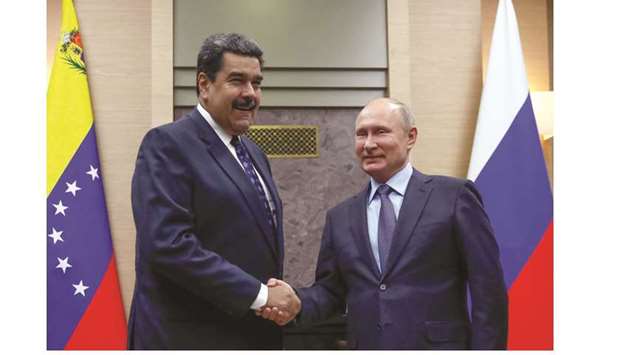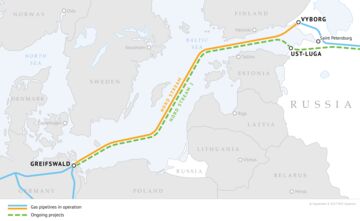EU Unveils Plan to Cut Emissions to Zero, in Bid to Save Planet
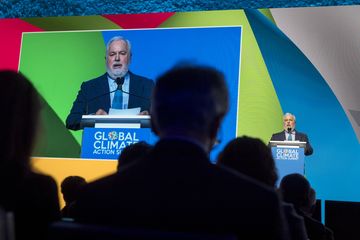
The European Union unveiled its long-term vision on combating climate change in a push for more ambitious action on the environment just days after U.S. President Donald Trump rejected his government’s warning on the economic costs of global warming.
The 28-nation bloc, responsible for 10 percent of global greenhouse-gas emissions, set a 2050 perspective to help give direction to member states, companies and citizens to anticipate costs in fighting temperature increases. The EU’s updated strategy comes a week before representatives from almost 200 countries are due to meet in Poland for an annual conference on addressing climate change.
“With this plan, Europe will be the world’s first major economy to go for net-zero emissions by 2050,” EU Climate and Energy Commissioner Miguel Arias Canete said. “It is necessary to meet the long-term temperature goals of the Paris Agreement. It is possible with current technologies and those close to deployment,” he said.
While the new European strategy doesn’t propose changing the bloc’s 2030 goal, it sets seven building blocks for the following decades that could be turned into binding targets later on. These range from energy-efficiency measures, including developing zero-emission buildings and smart infrastructures and greater use of renewable-energy sources.
“Going carbon-neutral will spur investments in European clean-energy solutions of up to almost 300 billion euros ($339 billion) a year,” Arias Canete said. “And overall, it will help grow our economy up to 2 percent of GDP by 2050.”
The steps are aimed at showing how determined the EU is to honor the Paris accord’s targets even in the face of Trump’s decision to take the U.S. out of the 2015 agreement signed by almost all other countries in the world.
The EU currently has a binding target of cutting emissions by at least 40 percent by the end of the next decade. That’s not enough to meet the Paris objective of keeping global temperature growth well below 2 degrees Celsius, a move scientists say is needed to prevent catastrophic effects of global warming.
“There are many challenges on the road. But with climate change, business as usual is not an option and we cannot afford the price of inaction,” Arias Canete said. “Going climate-neutral is necessary, possible and in Europe’s interest.”
For the EU, which wants to lead by example, the long-term strategy is also a political tool to demand more at the next United Nations talks that start next week in Katowice, Poland. Envoys at the meeting will aim to draw up a rule-book to implement the Paris deal and its mechanisms to step up carbon reductions worldwide.
On Wednesday, Arias Canete will discuss the plan with the European Parliament in Brussels. The European Commission, the EU executive, says all relevant national actors should have policy debates in order to prepare heads of state and government for a meeting on the Future of Europe on May 9, 2019, in Sibiu, Romania.
EU member states are to submit by the end of 2018 their own draft national climate and energy plans, which should take into account the bloc’s latest strategy. The EU calls for expanding cooperation with global partners over the years so that all nations, rich and poor alike, submit their own national long-term view. That should also include business associations, regions and cities that are already ironing out their own long-term visions.
“If we do not lead, nobody else will,” Arias Canete said. “And if nobody else acts, unrestrained climate change will severely impact Europe, as well as everybody else.”


